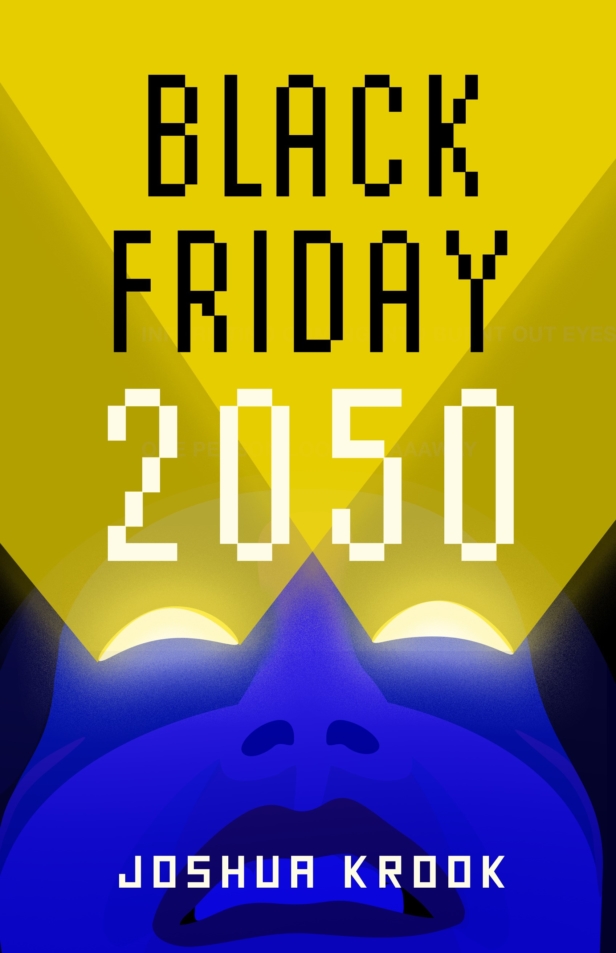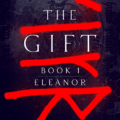The future might be a dark and terrifying place, at least according to the classics of science fiction. But what makes a dystopia truly terrifying? Reality. The most horrifying books of the genre have accurately predicted the more terrifying aspects of modern life and our near future, including mass surveillance, war, and environmental catastrophe. Crafting a new dystopia requires a precise balance between realism and horror, technology, science, and the decline of nature. This is what makes writing science fiction so rewarding – the ability to explore competing yet complimentary ideas.
My debut novel, Black Friday 2050, is a dark psychological thriller with a unique premise: what happens when pleasure is used to control our lives? Tech companies are gaining increasing access to our data. What happens when they use that data to manipulate their users and their employees? Is there a way back from psychological control?
One way of making a terrifying premise work is to think of character: a person who is stuck in a world that is actively working against their central desires, and antagonists who impede their progress. Technology plays a subsidiary role to this: what kinds of technology could be used to stop someone exercising their basic freedoms? Dystopias are often about a loss of personal control.
But there’s more than one way that humanity could lose its freedoms. In the list below, I’ve picked out five science fiction books with terrifying dystopian premises, where characters are trapped in situations that are beyond the pale.
Ursula K. Le Guin, The Ones Who Walk Away from Omelas
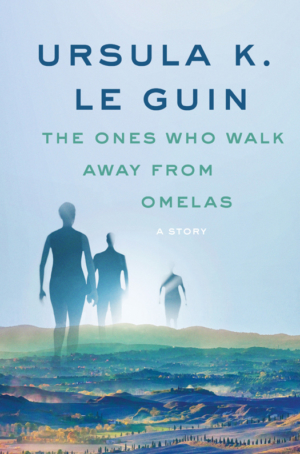
No philosophical work is as terrifying as Ursula K Le Guin’s The Ones Who Walk Away from Omelas. The story begins in the utopian town of Omelas during a summer festival, where the joy and happiness of everyone depends on the suffering and misery of a single child. Omelas is a utopia with a dystopian core, and the central question is one that should trouble us all. How much of our contentment, our joy, is reliant on the suffering of others? Written in 1973, the book is more relevant than ever. With lithium batteries depending on wars in the Congo, blood diamond wedding rings, and the looming climate catastrophe, our quality of life has never seemed more dependant on other people’s miseries.
Izumi Suzuki, Terminal Boredom
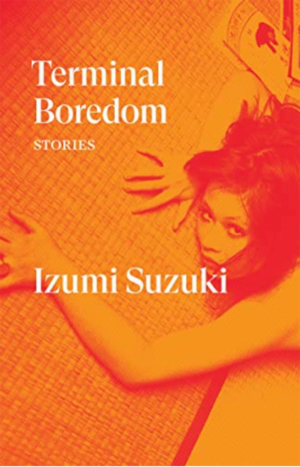
There is something hip and punk about Izumi Suzuki. Her own life story is worthy of a novel: a famous 1970s actress in Japan, married to a jazz musician, and later, a writer of speculative sci-fi stories that ranged from post-apocalyptic to domestic. Terminal Boredom is a collection of her stories from the late 70s and early 80s. The title story is about “old folks” who have boundless energy for work and sex, while young people stay directionless and bored. Another story features a world where men are driven to the edge of extinction, and still another, an abusive alien husband.
John Wyndham, The Midwich Cuckoos
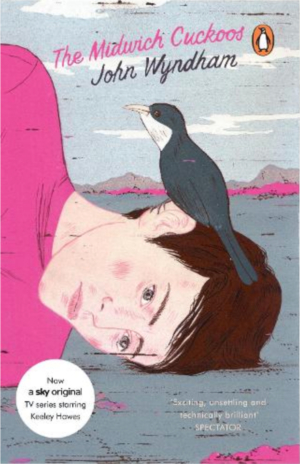
Children are typically associated with innocence, kindness, and naivety. But in John Wyndham’s The Midwich Cuckoos, a seemingly alien species impregnates a town – creating a generation of mind-controlling, telepathic, psychotic, blonde wunderkinds with a taste for violence. The kids act aggressively when put in danger and have no problem with mind-controlling adults to their deaths. The novel’s title derives from the cuckoo bird, some species of which are brood parasites, who use the nests of other birds to raise their young.
Aldous Huxley, Brave New World
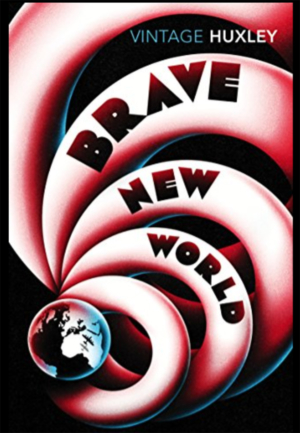
A list like this would not be complete without Aldous Huxley’s Brave New World. The reason to include this, and not 1984, is that Huxley’s vision more closely matches the reality, and future we currently face. Far from becoming a police state, the western world has drifted towards a state of triviality, disinformation, and mass media culture. In Huxley’s book, people are supplicated into an obedient state by the happiness-inducing drug, Soma. It is this control through pleasure, rather than punishment, that in part inspired my own novel Black Friday 2050.
Margaret Atwood, The Handmaid’s Tale
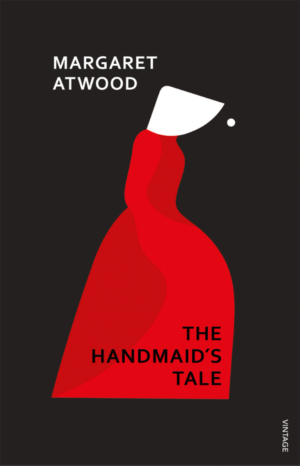
Facing a declining birth rate, the Americans in The Handmaid’s Tale resort to a brutal form of fundamentalist Christianity, demarcating some women as ‘handmaids,’ a perverse form of surrogate motherhood. Atwood’s novel is dark and chilling in many respects, not the least because she based much of the work on existing or historical practices. The terror comes in the form of ideology gone mad, and people swept along with that, including those who would traditionally be considered good and caring. Like others on this list, the novel has only gained relevance over time, with declining birth rates and the increasingly perilous position of women’s rights in many western nations. The book is so terrifying because it may, in fact, come true.
Black Friday 2050 by Joshua Krook is out now in Ebook.
